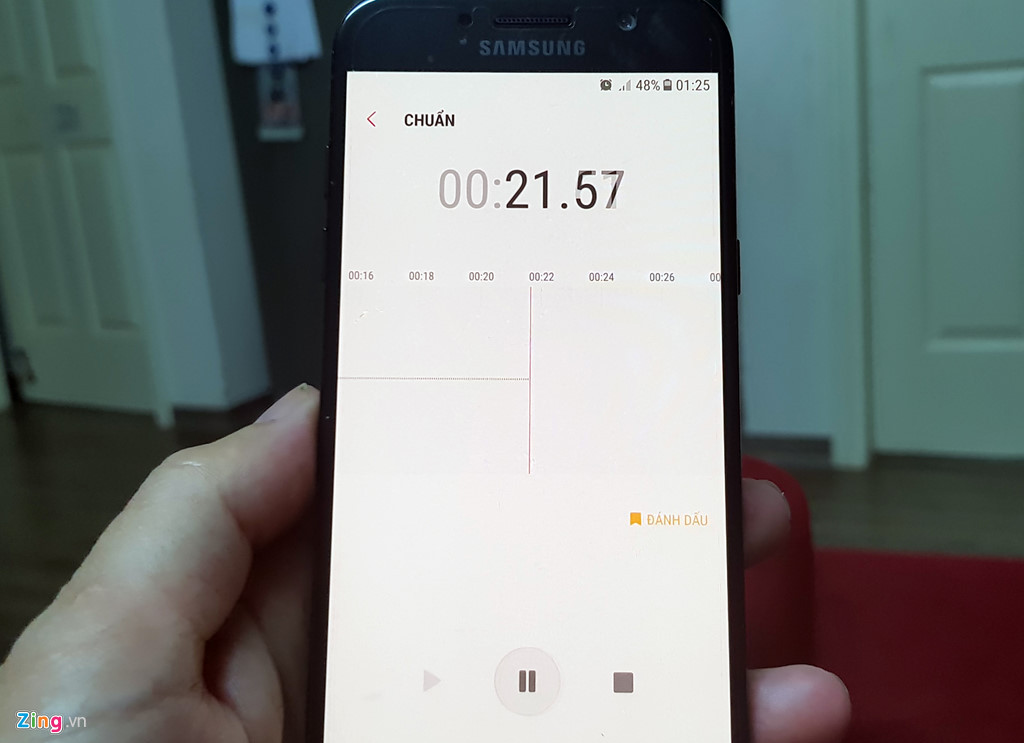Outstanding policies effective from April
Many new regulations on compulsory fire insurance, university admissions, traffic, finance, intellectual property... take effect from April 2018.
 |
| Apartment buildings are required to purchase fire and explosion insurance. Photo: Le Quan |
Decree 23/2018/ND-CP on compulsory fire and explosion insurance, effective from April 15, stipulates that agencies, organizations and individuals (including schools, apartment buildings, cinemas...) must purchase compulsory fire and explosion insurance from insurance companies.
The insurance buyer and the insurance company shall implement compulsory fire and explosion insurance according to the conditions, insurance premiums, and minimum insurance amount as prescribed.
In addition, the insurance buyer and the insurance company can agree in the insurance contract on expanding the insurance conditions, increasing the insurance amount and the corresponding additional insurance premium. In this case, the insurance company is responsible for separating the compulsory fire and explosion insurance part in the insurance contract.
Insurance companies have the right to refuse to sell compulsory fire and explosion insurance in the following cases: The facility has not been accepted for fire prevention and fighting; the facility does not have a fire safety inspection record from the Fire Police Department or the inspection record is more than one year old from the time of making to the time of purchasing compulsory fire and explosion insurance; the facility is temporarily suspended or suspended from operation due to violating fire prevention and fighting regulations.
Foreign ships passing through Vietnam's territorial waters must follow the correct route.This is a notable content in Decree 16/2018/ND-CP on the announcement of maritime routes and traffic flows in Vietnam's territorial waters, effective from April 1.
Vessels transporting goods, passengers and luggage, or military vessels and other types of vessels for non-commercial purposes passing through territorial waters and internal waters to enter Vietnamese seaports must travel on the correct route and carry out vessel procedures according to regulations.
In addition, if a vessel passes through Vietnam's territorial waters and internal waters but does not arrive at a Vietnamese seaport, the captain of that vessel must immediately notify the regional maritime port authority of the reason and purpose of the vessel entering Vietnam's internal waters in the following cases: Rescuing crew members and passengers on board; avoiding or sheltering from storms; conducting search and rescue activities...
Cases of loan disbursement in cashCircular 21/2017/TT-NHNN on regulations on loan disbursement methods of credit institutions and foreign bank branches to customers.
 |
| Many cases of loan disbursement in cash. Illustration photo: LPB |
Accordingly, credit institutions are considered to decide to disburse loan capital in cash in the following cases: Customers make payments to beneficiaries (excluding legal entities) who do not have a payment account at a payment service provider.
The customer is a beneficiary who meets the following conditions: Does not have a payment account at a payment service provider; has advanced own capital to pay for expenses related to the business plan or project or life service plan or project that the lending credit institution has decided to lend according to the provisions of law.
The customer must send the lending credit institution a written commitment from the beneficiary that the beneficiary does not have a payment account at the payment service provider. This Circular takes effect from April 2.
Commercial use of recordings requires paymentEffective from April 10, Decree 22/2018/ND-CP details a number of articles and measures to implement the amended Law on Intellectual Property regarding copyright and related rights.
 |
| Using a recording for commercial purposes requires paying the author. Photo: Thang Quang |
Any organization or individual using audio or video recordings as prescribed in Clauses 1 and 2, Article 33 of the Law on Intellectual Property must pay royalties, remuneration, and material benefits to the copyright owner.
Collective copyright organizations shall negotiate on the collection of royalties and the royalty distribution ratio in accordance with the provisions of law. The authorized collective copyright organization shall only be responsible for negotiating the collection of royalties according to the list of members and works specified in the authorization contract.
New points in university admission regulations in 2018People who win one of the first, second, or third prizes at ASEAN regional and international vocational competitions, if they have a high school diploma or intermediate diploma, have studied and passed the required amount of high school cultural knowledge as prescribed by law, will be directly admitted to school to study the major or profession suitable to the profession in which they won the prize.
Candidates who do not use the right to direct admission will be considered and decided by the principal to be given priority in admission to the school to study the major or profession suitable to the profession for which they have won the award according to the regulations of each school.
The difference in priority points between the two next areas is 0.25 points. For university level, high school graduates with excellent 12th grade performance are considered. For music education, fine arts education, and physical education, high school graduates with good 12th grade performance or better are considered.
For college and intermediate levels, high school graduates with 12th grade academic performance ranked as good or higher are considered for admission. For music education, fine arts education, physical education (college majors), and sports education (intermediate majors), high school graduates with 12th grade academic performance ranked as average or higher are considered for admission.
Those are the highlights of Circular 07/2018 of the Ministry of Education and Training, effective from April 15.

